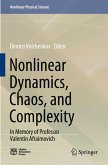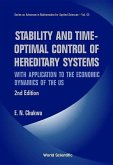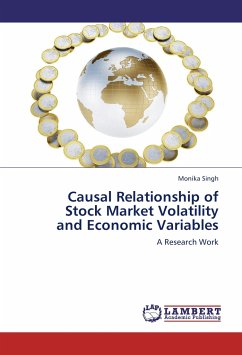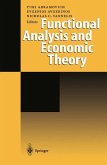What do economic chaos and uncertainties mean in rational or irrational economic theories? How do simple deterministic interactions among a few variables lead to unpredictable complex phenomena? Why is complexity of economies causing so many conflicts and confusions worldwide? This book provides a comprehensive introduction to recent developments of complexity theory in economics. It presents different models based on well-accepted economic mechanisms such as the Solow model, Ramsey model, and Lucas model. It is focused on presenting complex behaviors, such as business cycles, aperiodic motion, bifurcations, catastrophes, chaos, and hidden attractors, in basic economic models with nonlinear behavior. It shows how complex nonlinear phenomena are identified from various economic mechanisms and theories. These models demonstrate that the traditional or dominant economic views on evolution of, for instance, capitalism market, free competition, or Keynesian economics, are not generally valid. Markets are unpredictable and nobody knows with certainty the consequences of policies or other external factors in economic systems with simple interactions.








